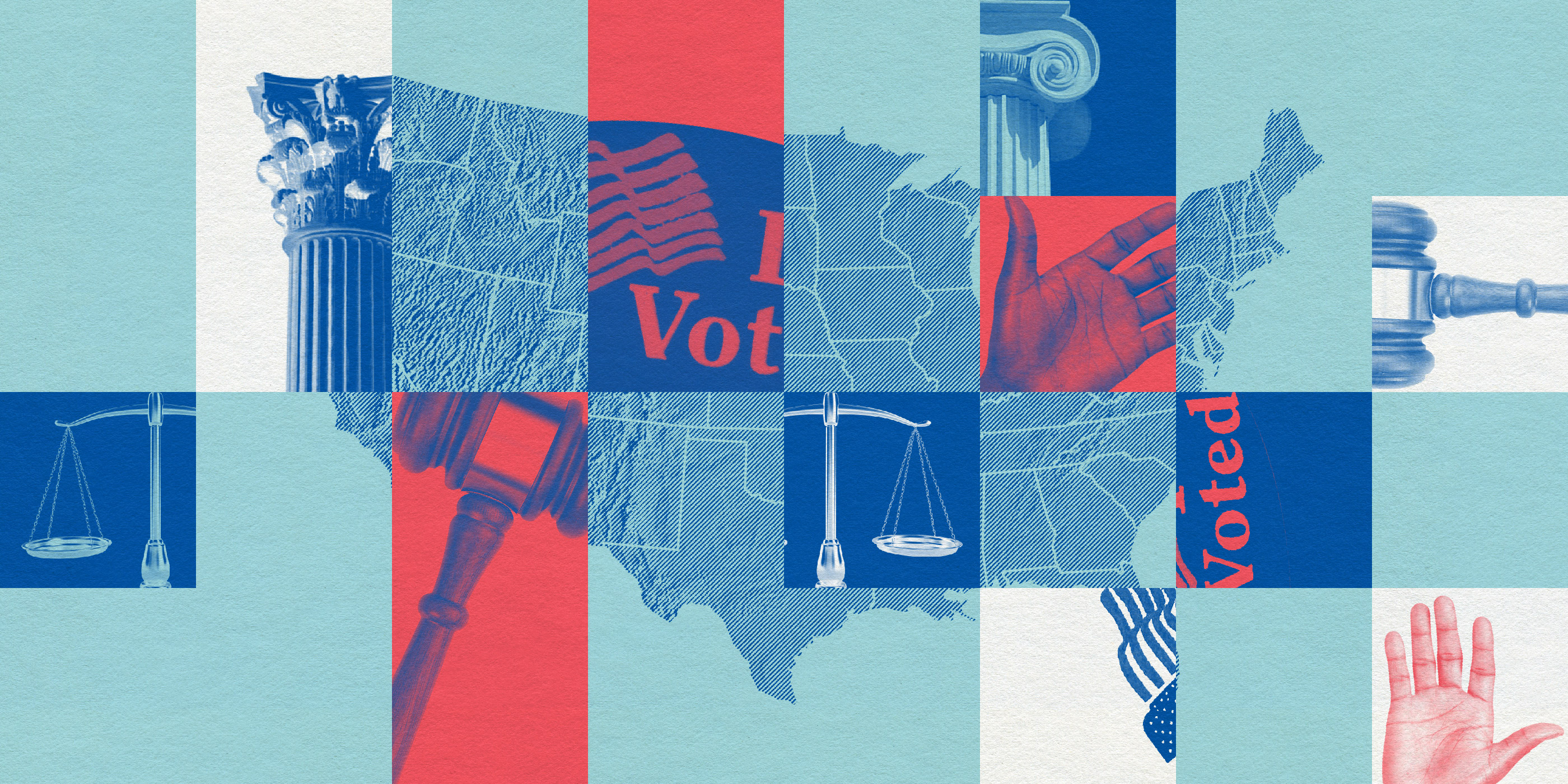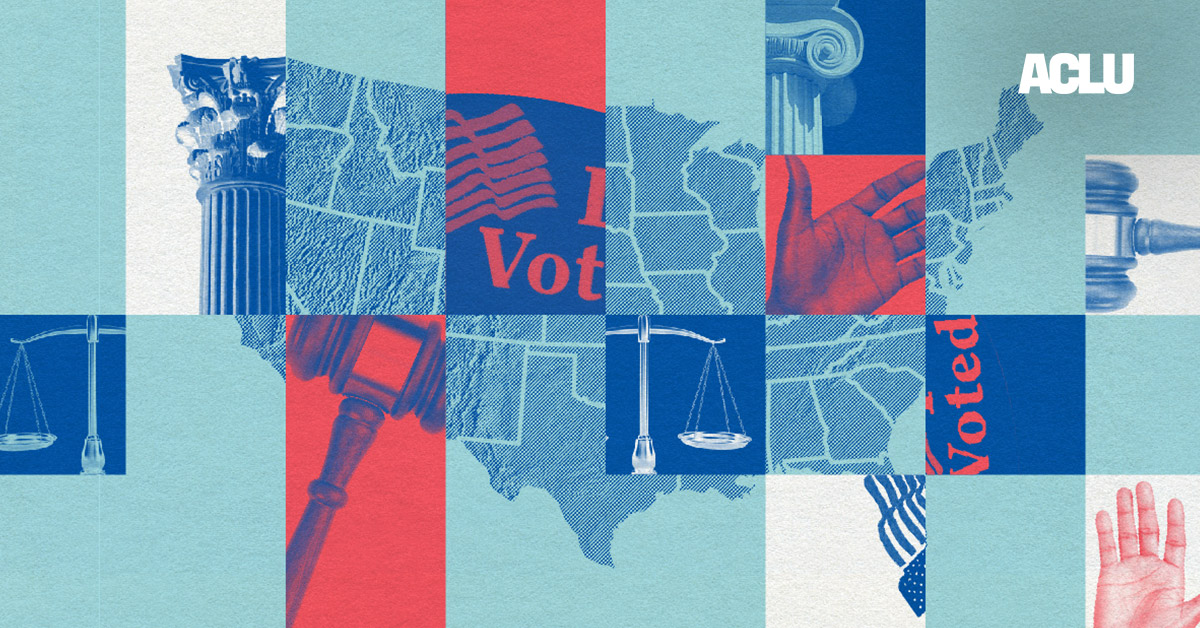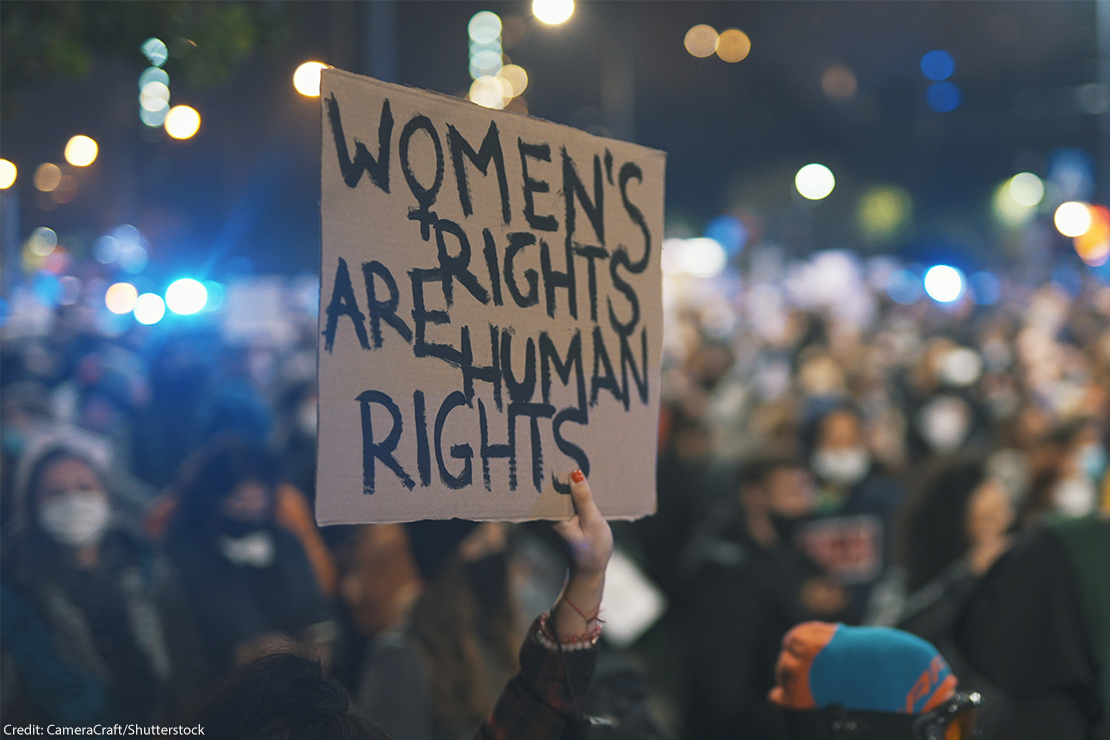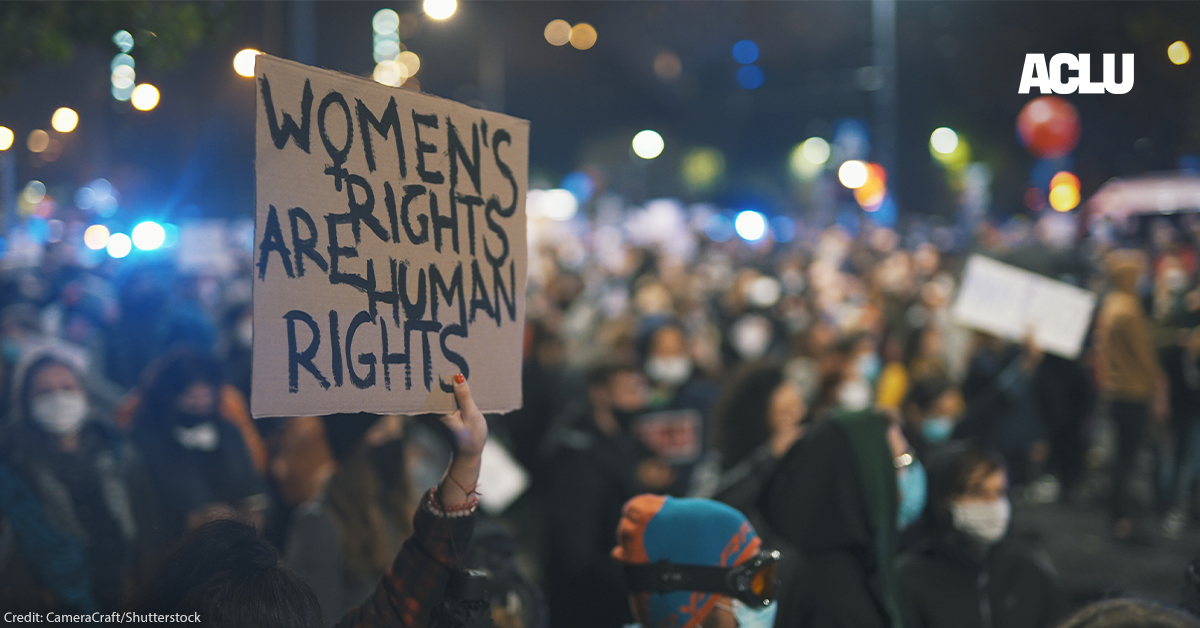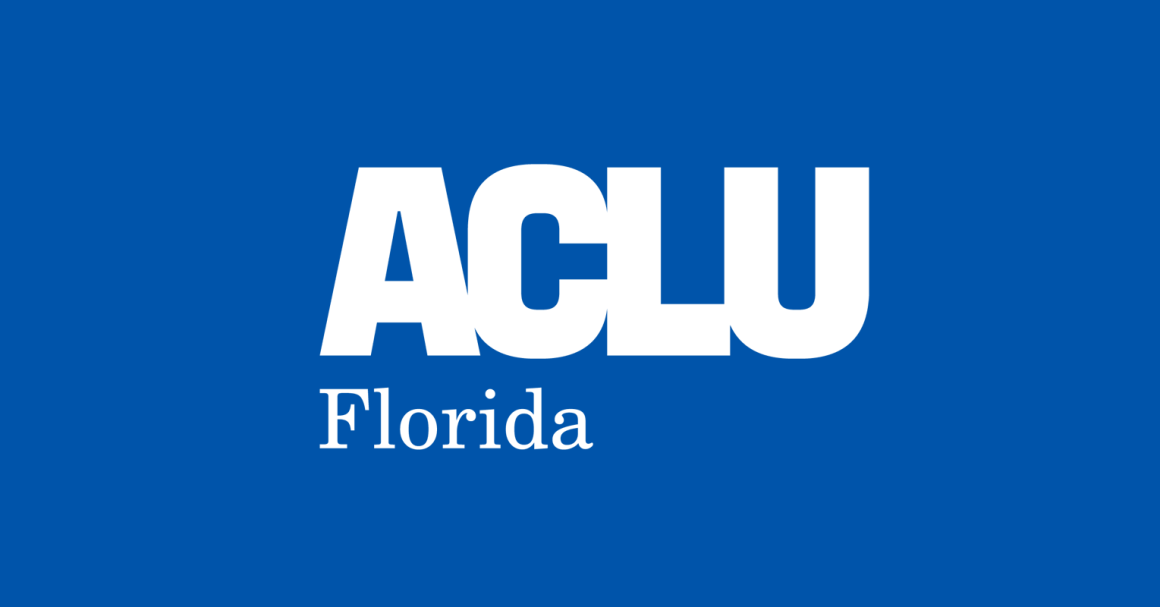Across the country, our affiliates are challenging discriminatory policies and practices that disproportionately affect women, and particularly women of color. From housing discrimination in Illinois, to inhumane treatment of incarcerated pregnant individuals in North Carolina, and discriminatory dress codes in Texas schools, the ACLU and its affiliates are at the forefront of legal and advocacy efforts that promote gender equality and justice for all.
Here are three ways our affiliates are stepping up:
Illinois: Challenging Discriminatory Housing Policies
The ACLU of Illinois recently joined with national and local advocates, including the ACLU’s Women’s Rights Project, to challenge the “No-Evictions” policies of two large landlords — Hunter Properties and Oak Park Apartments — in Cook County, Illinois. These policies automatically reject rental housing applicants who have had any prior connection to an eviction case. The effect is to shut out families from housing opportunities, even when the eviction case was dismissed or filed years ago. Such policies have a discriminatory effect on Black renters, and especially Black women. Analysis of data from the Cook County Sheriff’s Office found that Black women accounted for approximately 33 percent of those served with an eviction case or evicted, despite making up just 22 percent of all renters in Cook County. Black renters in general faced nearly triple the likelihood of experiencing an eviction case than non-Black renters.
The lawsuit filed against Hunter Properties, and the civil rights complaint filed with the U.S. Department of Housing and Urban Development against Oak Park Apartments, argue their respective “No-Evictions” policies have a disparate impact on Black renters, especially Black women renters, that violate the 1968 Fair Housing Act. The complaint against Oak Park Apartments also asserts that its policy perpetuates and reinforces residential segregation in violation of the Fair Housing Act. The two filings are among the first in the nation to challenge landlords’ eviction screening policies as discriminatory.
North Carolina: Challenging Inhumane Practices for Incarcerated Women
In 2021, the North Carolina General Assembly finally passed a statewide law banning correctional officers, sheriffs, and other prison staff from shackling incarcerated people during critical periods of their pregnancy and postpartum journey. The law, HB 608, also known as Dignity for Women Who are Incarcerated, came after years of advocacy by the ACLU of North Carolina and several other partner organizations, including Planned Parenthood South Atlantic and SisterSong.
A pivotal factor in the bill’s passage was an OB-GYN’s moving account of delivering a baby to a shackled woman in custody. Labor and childbirth are already intense and vulnerable experiences, and the use of restraints can exacerbate the physical and emotional pain of the mother. This story deeply resonated, even with resistant sheriffs, ultimately propelling the legislation forward.
Despite the passage of this legislation, challenges persist. Recent revelations suggest some North Carolina prisons and jails have not been in compliance with the law. Undeterred, the ACLU of North Carolina is initiating a comprehensive awareness and compliance campaign, and will be filing public record requests with the jails in all 100 counties in North Carolina, coordinating legal education seminars for the criminal defense bar and developing content on the importance of reproductive justice and the need to uphold the rights of incarcerated individuals. With these efforts, the ACLU-NC aims to ensure adherence to the law and foster a deeper appreciation for upholding the dignity of pregnant people in prison and jails.
Texas: Challenging Discriminatory Dress Codes in Schools
More than half of Texas public K-12 school districts still have discriminatory dress codes and grooming policies. The ACLU of Texas has uncovered alarming disparities in school dress codes, revealing a trend of discrimination against students based on gender, race and ethnicity, LGBTQ identity, religion, disability, and socioeconomic background. The ACLU of Texas recently published a new report that reviews policies from 97 percent of Texas school districts and highlights pervasive inequalities within them.
Some of the survey’s major findings include:
- More than 80 percent of districts enforce vague and subjective hair standards, which could lead to disproportionately penalizing Black students.
- 53 percent of districts uphold dress codes rooted in outdated gender norms, such as boys-only hair length policies and girls-only sleeve length policies.
- More than 80 percent of districts prohibit head coverings without explicitly noting or explaining the religious exemptions mandated by law, harming students of diverse faith backgrounds.
- Nearly 80 percent of districts penalize students for wearing worn or improperly sized clothing, disproportionately impacting economically disadvantaged students.
In light of these disparities, the ACLU of Texas is taking action to challenge discriminatory dress codes and foster inclusive classroom environments. They’re sending the report to every district in the state to equip students, families, educators, and policymakers with knowledge that can help identify the harms of — and solutions to — discriminatory dress code policies. The report provides advocacy tools for community members and a roadmap for school districts, outlining recommendations like removing discriminatory dress code language, establishing fair enforcement practices, and providing clear and specific dress code guidelines. The ACLU of Texas is actively working in the courts and communities to push for more inclusive dress codes.
If you’ve faced or witnessed dress code discrimination, you can share your experience to continue this advocacy.
No student should ever be punished for being who they are. Instead of discriminating against young people, we should be preparing them for their futures.
https://www.aclu.org/news/womens-rights/how-were-fighting-for-gender-equity-nationwide
Here is a look at how we are challenging discriminatory gender policies nationwide
